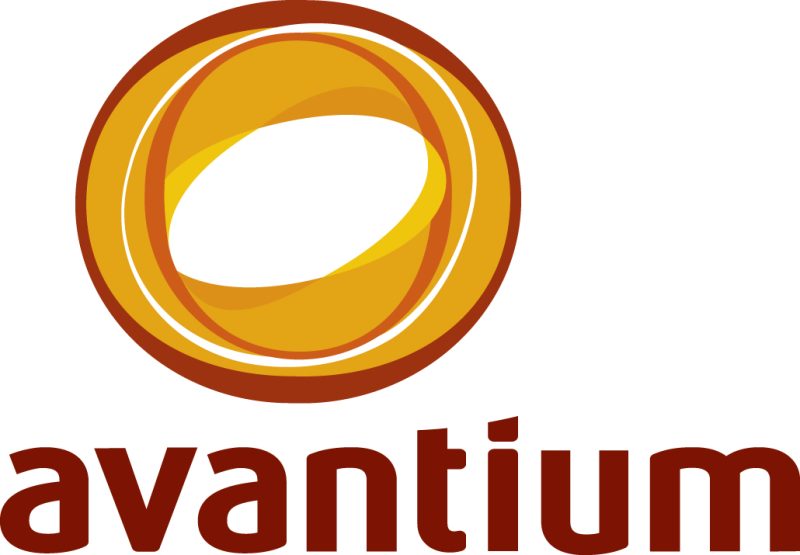

Building sustainability considerations into every business decision
By Bas Blom, Managing Director, Renewable Polymers, Avantium
The 2022 report from the Intergovernmental Panel on Climate Change (IPCC) revealed that CO2 emissions were higher than at any time in over the last two million years. Now is the time to drastically reduce dependency on fossil fuels and invest in novel, sustainable technologies. Short-term thinking is causing irreversible consequences on our environment. To put it simply, we are running out of time. We need to change the way we do business and focus on more long-term and circular solutions.
There is a real opportunity for the plastic packaging industry and brand owners to pioneer these types of solutions and adopt responsible and sustainable practices, providing an example for companies in other industries to follow. We have set a precedent for this with our world-first FDCA flagship plant, which has begun construction. This will see PEF, a 100% plant-based, sustainable polymer in everyday consumer products, enabling the transition to the circular economy.
The move to circular
Moving to a circular economy requires a sustainable use of resources. This includes taking account of the feedstock used (plant-based rather than fossil-based), the energy required, and the use of the material itself. The objective of a circular economy is to create the highest possible value for the longest possible time, while consuming the smallest number of materials possible. The circular economy takes the full product cycle, from start to end, into perspective when designing products and packaging.
However, to have fully circular usage of renewable and sustainable chemicals, coordination throughout the value chain is required. All the key players in the value chain can move towards a circular economy only if the right technologies, partnerships, and incentives are connected and deployed.
Commercialising fossil-free solutions at a market level can significantly reduce the need to build chemical and plastic factories that rely on fossil resources such as petroleum. If we only build more factories based on renewable sources from now on, we can phase out fossil fuels within 30 years in place of materials with a functional advantage over fossil-based materials.
Shifting mentality
Adopting new technologies and practices requires a shift in thinking, but this often takes time. One way of achieving this effectively and efficiently is through education and engagement. Regularly sharing best sustainable practices and introducing new initiatives based on research and industry developments can help transform the way an organisation operates and how employees think about sustainability. Business leaders also need to think beyond their organisations and help achieve broader change across industries. Partnering with key stakeholders will be important in coming up with tangible solutions to make practices more sustainable.
Working with government representatives can help highlight policy issues and introduce legislation to tackle them effectively. However, while the intervention of nation states is extremely important, environmentally conscious business practices, which no longer rely on the use of fossil-based resources, don’t need a government mandate and can help reduce environmental impact and accelerate the transition to a circular economy.
Extreme climate events should serve as a call to action for businesses across all industries to play their part in solving the world’s environmental crisis. From minimising waste to actively spearheading sustainable, renewable solutions, business leaders can benchmark the tone of change for the rest of the organisation to follow. Companies can set examples for their industry peers to follow and spark a chain reaction that can have a tangible, positive impact. With PEF entering the market, brands have the choice of adopting sustainable solutions and providing products that are sustainable without compromising quality or integrity to their consumers.





